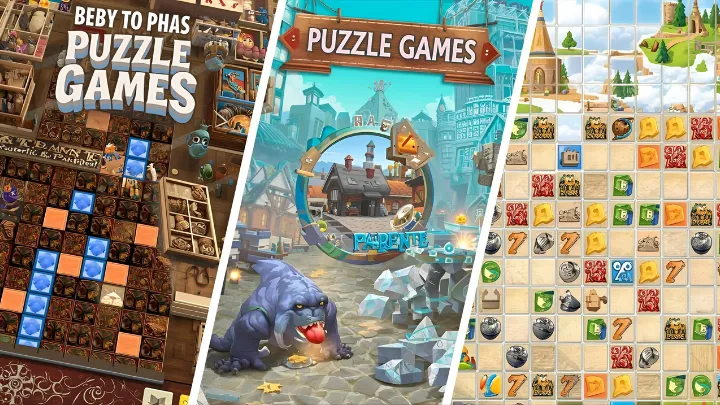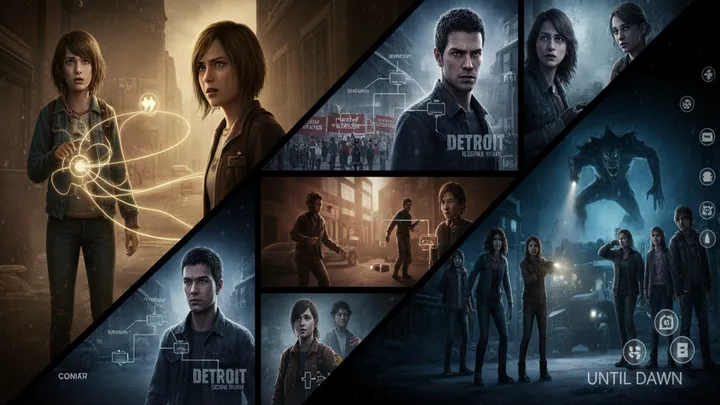Video games are more than just entertainment—they can also challenge the way we think about life, morality, and existence itself. Some titles blur the line between gameplay and philosophy, asking deep questions that resonate long after you put down the controller. Here are eight games that feel less like traditional adventures and more like interactive philosophy lessons.
1. The Stanley Parable
This game is a masterclass in questioning choice, free will, and the illusion of control. Every decision you make leads to a new path, but the narrator constantly reminds you that perhaps your choices were never truly yours.
2. Undertale
Beneath its quirky surface lies a moral experiment: do you fight or show mercy? Undertale asks whether kindness can triumph over violence and whether our actions define who we are.
3. BioShock
This iconic game isn’t just about survival—it’s a critique of objectivism and unchecked ambition. The haunting question “Would you kindly?” forces players to reflect on autonomy, obedience, and manipulation.
4. Disco Elysium
A detective RPG that’s more about ideas than action. Through dialogue and inner monologues, it explores existentialism, identity, politics, and the human struggle for meaning in a broken world.

5. Journey
With no words spoken, Journey meditates on life, death, and the passage of time. The silent cooperation between strangers becomes a lesson in connection and the shared human experience.

6. NieR: Automata
A game that constantly asks, What does it mean to be human? By portraying androids searching for purpose, it dives deep into existential philosophy, memory, and the futility of war.
7. Spec Ops: The Line
Initially disguised as a military shooter, it deconstructs the genre and confronts players with moral responsibility. It forces reflection on violence, guilt, and the consequences of blindly following orders.
8. Outer Wilds
A beautiful puzzle wrapped in philosophy. The game explores curiosity, impermanence, and the inevitability of endings. Its looping time mechanic becomes a metaphor for learning and accepting mortality.
Conclusion
While many games focus on fun and adrenaline, these titles invite us to pause and reflect. They aren’t just stories—they’re questions about existence, morality, and meaning. If you’re looking for games that feel like philosophy lectures in disguise, these eight will leave you with thoughts that linger long after the credits roll.

















